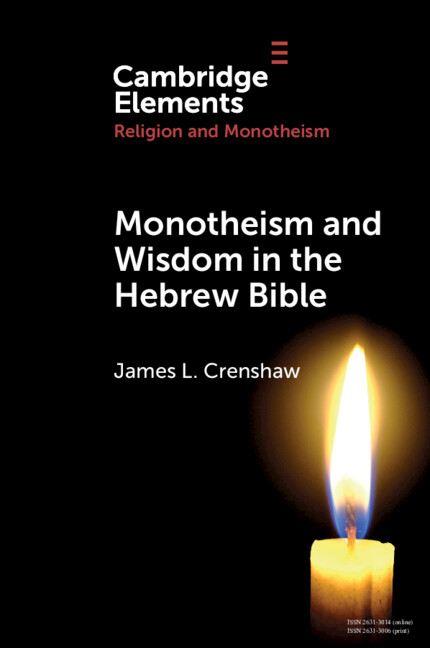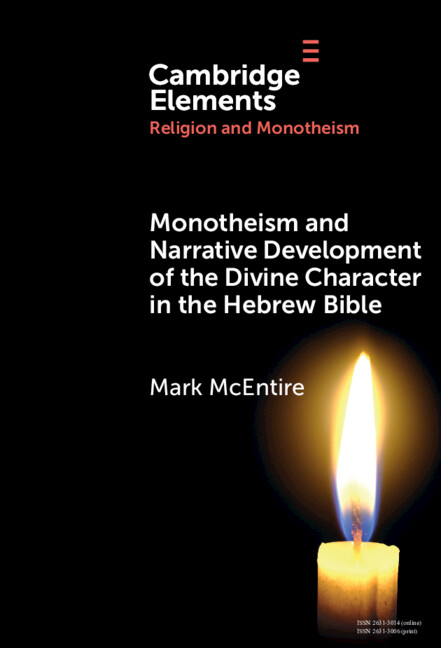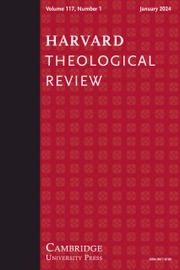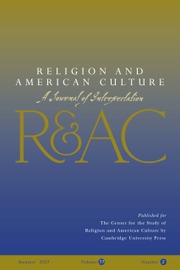Monotheism and Wisdom in the Hebrew Bible
Monotheism, belief in only one God, and wisdom, learning to cope by reason alone and teaching others to do so, faced resistance in the polytheistic world of ancient Egypt, Mesopotamia, and lesser states including Israel. Paradoxically, in early biblical wisdom (Proverbs, Job, and Ecclesiastes) the deity was thought to be both human-like, with disturbing attributes, and increasingly transcendent-silent, disembodied, and inactive. Like Egyptian Ma'at, God the creator established the universe by decree, a law rewarding goodness and punishing evil, the flaw in creation, never satisfactorily resolved. Satan, a semi-divine rival, bore responsibility for bad things, while Wisdom, a personified female, communicated God's will to the discerning. Combining biblical revelation and Hellenism, Sirach and Wisdom of Solomon chose piety over Job's realism and the vanity literature of Ecclesiastes. Over millennia, the concept of God evolved, continuing a process begun in Paleolithic times.
Product details
February 2025Adobe eBook Reader
9781009491907
0 pages
This ISBN is for an eBook version which is distributed on our behalf by a third party.
Table of Contents
- Introduction: one god or many gods?
- 1. Dualism and a divine female persona
- 2. God in the image of human beings
- 3. Act/consequence or divine intervention?
- 4. Communicating across the eternal divide
- 5. Evil, the flaw in creation
- 6. Divine decree and cosmic order
- 7. An evolving concept of deity
- Conclusion: the impact of monotheism on sages.









